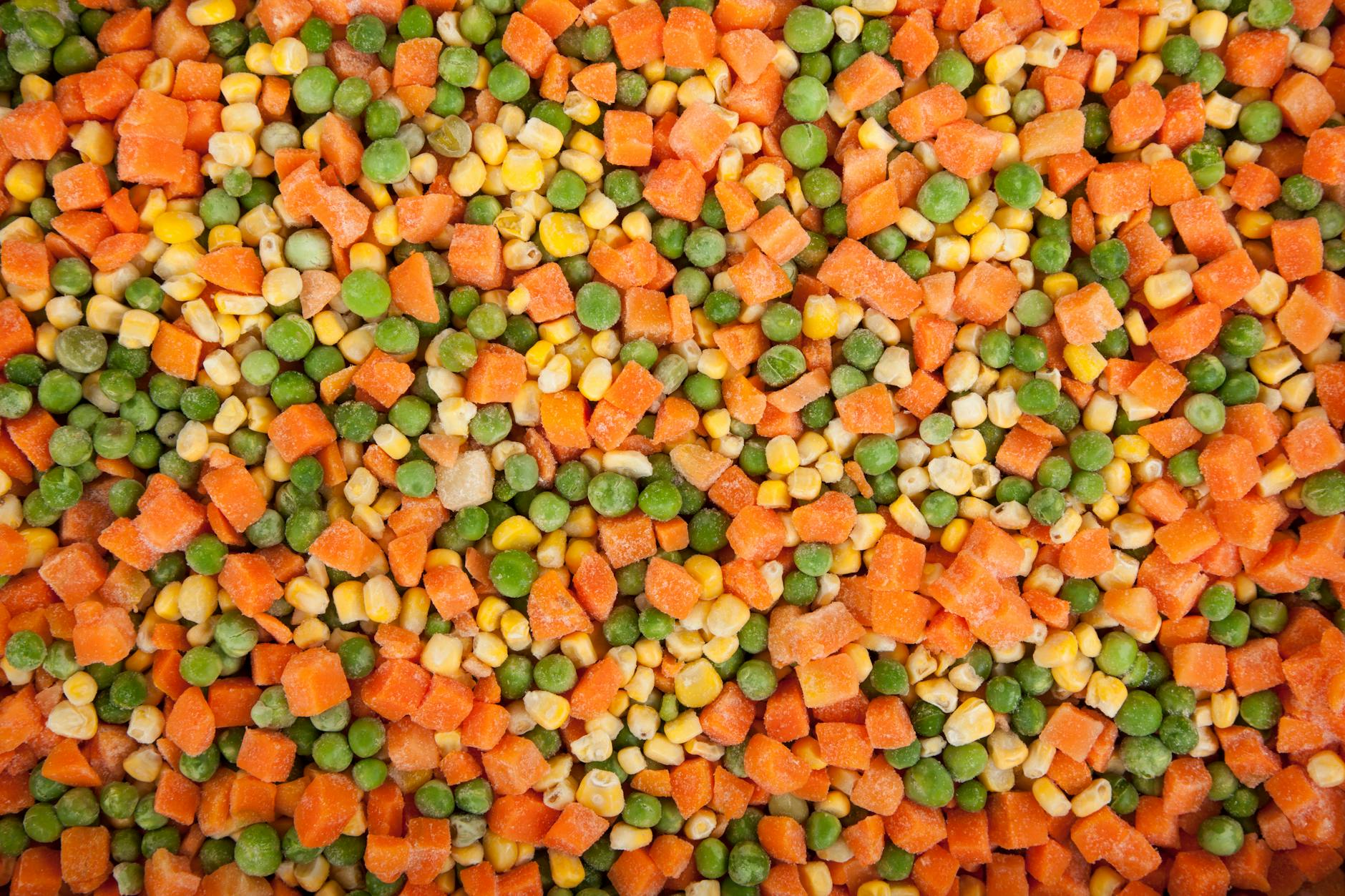
Many shoppers wonder if frozen vegetables are more nutritious than fresh ones. Between busy schedules, tight budgets, and the desire to eat healthy, it’s a question that comes up often. The answer isn’t as simple as you might think—nutrition can depend on many factors, from how the vegetables are harvested to how they’re stored and cooked. If you want to make smart choices at the grocery store, it’s important to understand the differences between frozen and fresh vegetables. This knowledge can help you keep your meals healthy, affordable, and convenient. Let’s break down what really matters when you’re picking between these options.
1. How Vegetables Are Harvested and Processed
The journey from farm to table affects the nutritional value of vegetables. Fresh vegetables are often picked before they’re fully ripe, so they can survive shipping and storage. This means they might not reach their peak nutrient content. In contrast, frozen vegetables are usually harvested at their ripest point. They’re quickly blanched—briefly boiled—to kill bacteria and stop enzyme activity, then frozen right away. This process helps preserve vitamins and minerals. So, in many cases, frozen vegetables can be just as nutritious, or even more so, than fresh ones that have spent days traveling and sitting on shelves.
2. Nutrient Loss During Storage and Transportation
After harvest, fresh vegetables begin to lose nutrients. Vitamins like C and B can degrade quickly, especially if vegetables are exposed to light, heat, or air. It can take a week or more for fresh produce to get from the farm to your fridge, and another few days before you eat it. By then, some nutrients have been lost. Frozen vegetables, on the other hand, are preserved soon after picking, which locks in their nutrition. This means that, for certain vitamins, frozen vegetables can actually be more nutritious than fresh ones by the time you eat them.
3. The Impact of Blanching and Freezing
Blanching and freezing are key steps in preparing frozen vegetables. Blanching can cause some loss of water-soluble vitamins, like vitamin C and some B vitamins. However, the losses are usually small, especially compared to the potential nutrient loss that happens to fresh vegetables during long storage. Freezing itself does not significantly reduce most nutrients. In fact, frozen vegetables often retain their nutritional value for months, as long as they’re kept properly frozen. This makes them a reliable option for people who want to keep healthy food on hand without worrying about spoilage.
4. Cooking Methods Matter
How you cook your vegetables—fresh or frozen—can make a big difference in their nutrition. Boiling can cause some vitamins to leach into the water and be lost. Steaming, microwaving, or sautéing are better methods for preserving nutrients. It’s a good idea to use as little water as possible and avoid overcooking. Whether you’re using frozen vegetables or fresh ones, gentle cooking helps keep their nutritional value intact.
5. Convenience and Cost-Effectiveness
Frozen vegetables are often more affordable than fresh, especially when certain produce is out of season. They’re already washed, chopped, and ready to use, which saves time in the kitchen. You can buy them in bulk and store them for months, reducing food waste. For families on a budget, frozen vegetables are a practical way to get a variety of nutrients without spending extra. Fresh vegetables can be a treat when they’re in season and locally grown, but frozen options are a great backup for busy weeks or tight budgets.
Making the Best Choice for Your Health
So, are frozen vegetables more nutritious than fresh ones? The answer depends on how the vegetables are handled from farm to table and how you prepare them at home. In many cases, frozen vegetables retain their nutrients better than fresh produce that’s been stored for several days. They’re a smart, convenient, and affordable way to add vegetables to your meals year-round. Don’t hesitate to reach for frozen options, especially if you’re looking for nutrition and value.
What’s your experience with frozen vegetables? Have you noticed a difference in taste or nutrition? Share your thoughts in the comments below!
What to Read Next…
- 7 Surprisingly Healthy Frozen Foods That Save Time and Money
- These Are the Top 10 Frozen Food Finds at Any Grocery Store
- Get These 5 Frozen Dinners for Your Family to Save Money and Eat Well
- 5 Frozen Dinners Nutritionists Often Advise Against
- 7 Fruits Often Better to Buy Frozen Than Fresh
The post Are Frozen Vegetables More Nutritious Than Fresh Ones appeared first on Grocery Coupon Guide.







